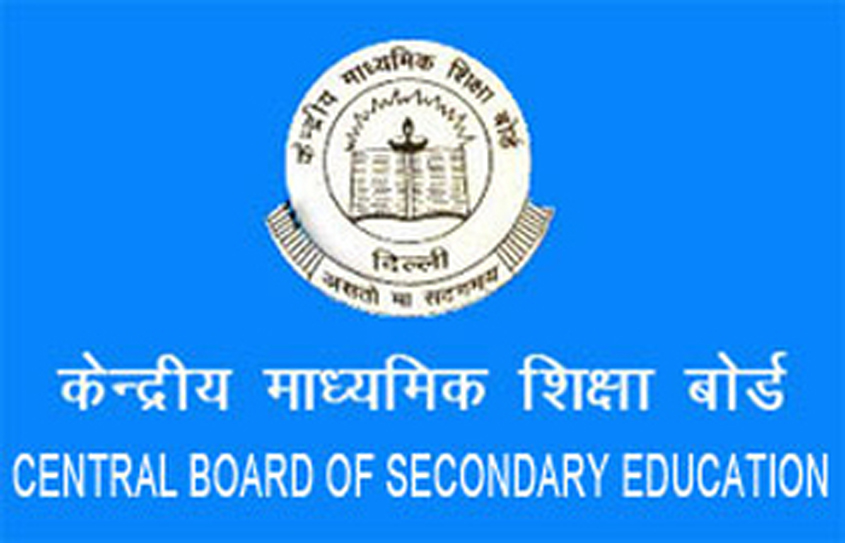The warning issued by the Central Board of Secondary Education (CBSE) earlier this week to affiliated schools to pay heed to the new safety guidelines issued by it or risk disaffiliation as per provisions under affiliation by-laws of the board, has made private schools in Delhi-NCR hit the panic button, but parents, child rights activists, private consultants and other stakeholders have emphasised that even if there are ample guidelines, in the absence of any mandatory implementation mechanism, schools will be able to escape responsibility for keeping children safe in their premises.
As per the CBSE, all CBSE-affiliated schools will have to submit a security/safety audit report on the CBSE’s website within two months. The audit of the premises and personnel is to be conducted by local police stations. This follows the recent gruesome murder of a seven-year-old child at Ryan International School, Gurugram. Following the CBSE’s directives, private schools in Delhi-NCR have written letters to parents assuring them of their children’s safety within school premises, including other branches of Ryan International School in the region that have augmented their security.
In a letter addressed to parents, Ryan International School, Ghaziabad, said, “In the wake of the recent tragedy, we understand your apprehension regarding safety and security of your children. We have met many parents who have shared their concerns. We are further reviewing our security measures as we want all our children safe and secure and would never compromise on the same.” The school has issued fresh identity cards for parents without which no guardian will be allowed entry in the school. It has introduced a “buddy system” in primary classes to ensure that two kids move together to the washroom.
In the aftermath of the terrorist attack on the Army Public School, Peshawar, in December 2014, the CBSE came up with guidelines for construction of boundary walls around school premises (the Peshawar school did not have a boundary wall), and after that the inspection committee became strict in scrutinising affiliations for new schools. However, parents question the potential of the CBSE, with over 21,000 schools, to continuously keep a check on compliance. The CBSE gives affiliation extension for three years initially and for five years after that.
Dr Dhirendra Mishra, programme head, Life Educare, a consultancy firm that works with private schools, said, “Private schools charge high fees, but it isn’t mandatory for them to invest back in safety. They just have to follow the national building code and municipal norms to ensure infrastructural safety. Schools, like any other buildings, are supposed to follow the National Building Code (NBC) and the safety standards are majorly governed by the NBC.”
Industry experts say that private schools in Tier 1 cities are still better compared to smaller towns. The government does not provide financial aid to private schools in other tier cities and mandates schools to provide free education to 25% students under the Right to Education Act-2009. This is also a reason that schools are now left with little surplus funds for safety and welfare.
Dr Mishra said, “The whole country knows that private schools make money; why not make them accountable for their profits and ask them to invest back on the safety and security of children and staff? Despite being a social service and not for profit sector, banks provide loans for building schools. Schools mortgage their property and obtain bank loans. Have we heard of people taking bank loan for doing charity? This is a joke. Even our neighbouring countries like Nepal, Pakistan and Bangladesh have their private education system ‘for profit’.” Sumit Vohra, an education activist, said, “Schools have been blatantly violating guidelines. Every staff member needs to provide two character certificates from educationists or any other respectable member of society, unrelated to them. But most of schools do not follow this rule. What makes us confident that the CBSE’s new guidelines will be duly implemented? It should be mandatory for schools across the country to have a child protection policy.”
Chitrakala Acharya, head services, ChildLine, a child rights NGO, said, “A child protection policy is a must to ensure that children are safe in public spaces.”

